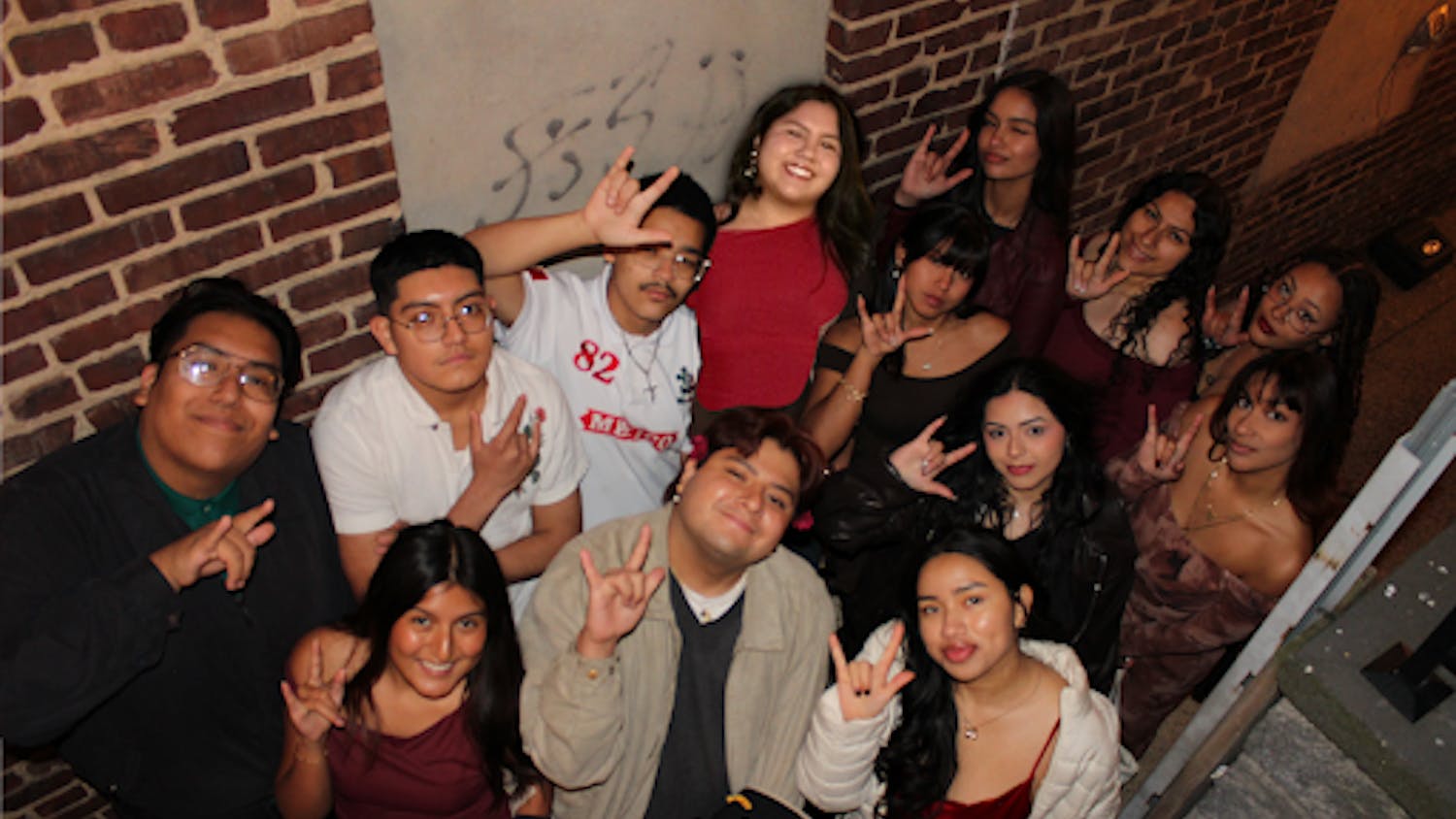On Thursday, a panel of alumnae gathered to discuss feminism in religion, or, in other words, how "Feminists Do Religion."
Sponsored by Women's History Month and organized by the department of Women's and Gender Studies, former students Christina Holmes, Tabinda Khan, Mary Kate Szenasy and Jennifer Yeleverton spoke about their lives and the effects religion had on them.
Each panelist, a graduate of the College, relayed her interests and participation in religion and the feminist tendencies and contradictions she noticed in her religious practice. The event was moderated by Janet Gray, professor of women's and gender studies.
Jennifer Yelverton, class of 2005, is an active participant in the black church. According to her, she feels a lot of the feminist contradictions can be found in the people of the religion and not the religion itself.
"A lot of the patriarchal trappings are more so in practice than in theory," she said.
In response, Tabinda Khan, class of 2004, agreed that when theory is different from practice, people move away from religion.
Originally from Pakistan, Khan was born Muslim. She attends mosque when she can, though it is not mandatory for Muslim women. On the other hand, Muslim men must attend mosque to pray five times a day.
This aspect of the religion is more cultural than anything else. "What bothers me is the cultural practice is more important than religion," Khan said.
The aspect of practice or cultural tendencies outweighing the theory of religion was a consensus issue among the panelists.
The panelists conveyed their opinions that over the years religion has adapted and has become feminist. However, this is not the case in all religions or in all aspects of those religions.
"Christianity is in fact feminism," Yelverton said. "It is an individual relationship with the Lord who empowers me to do more than cook and clean."
Christina Holmes, class of 2002, is not a practitioner of any one religion, but has neo-pagan and Wiccan tendencies. She primarily experiences religion as a scholar, as she is currently researching Mexican women, and believes religion to be a "tool of patriarchy."
Holmes agreed that there is a collective activism changing what women do in religion.
"The church provides a lot of women community space that you would not find otherwise," she said.






